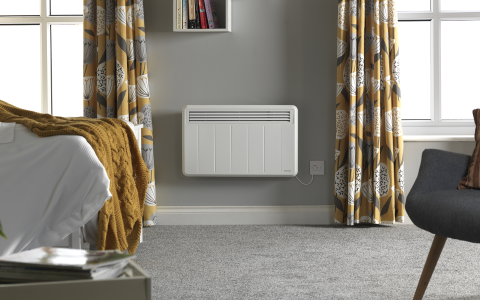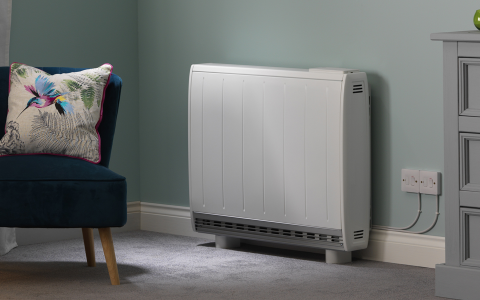The CCC’s June 2020 Emissions Progress Report
The Committee on Climate Change’s (CCC) most recent update on how the UK is progressing towards the achievement of emissions-based targets, such as net zero by 2050 and the carbon budgets, has certainly been listened to. There is no doubt that it influenced the Chancellor's recent Summer Economic Update and the decision to target a green recovery from the Covid-19 crisis.
So, what does the CCC see as the future of construction and what can be done to prepare for the changes this will make to HVAC specification?
We have summarised key industry insights in our 196-page report, structured by most commonly asked questions
Our report covers :
- How has lockdown affected the UK’s emissions progress?
- Has investment in low carbon solutions been shown to be commercially beneficial?
- Is the carbon tax scheme in London going to be applied to the whole of the UK? What does this mean for the development of upcoming regulation changes?
- Will Government address the cost difference between electricity and gas?
Our range of HVAC solutions aim to provide future proof technologies to building projects over various sectors.

Creating A Warmer Welcome For Veterans
Acting as a stable social hub to learn new skills, receive support and advice, Veterans’ Garage is a unique project providing support to military veterans across the North West. Bringing ex-servicemen and the local community together, Veterans’ Garage has been conceived as both a PTSD support centre and a venue for fundraising and awareness for both veterans and local causes.

Dimplex Oil Free Eco EvoRad Proves Boss Of The Boardroom
An award-winning PR agency with national clients across consumer and trade sectors, Whistle PR is located in the heart of the prestigious Fort Dunlop building in Birmingham.

Electric heating is officially cleaner than gas central heating
The continued investment in renewable energy and reduced reliance on coal-fired power stations means Britain’s electric heating is now officially cleaner than gas central heating, Government figures show.











